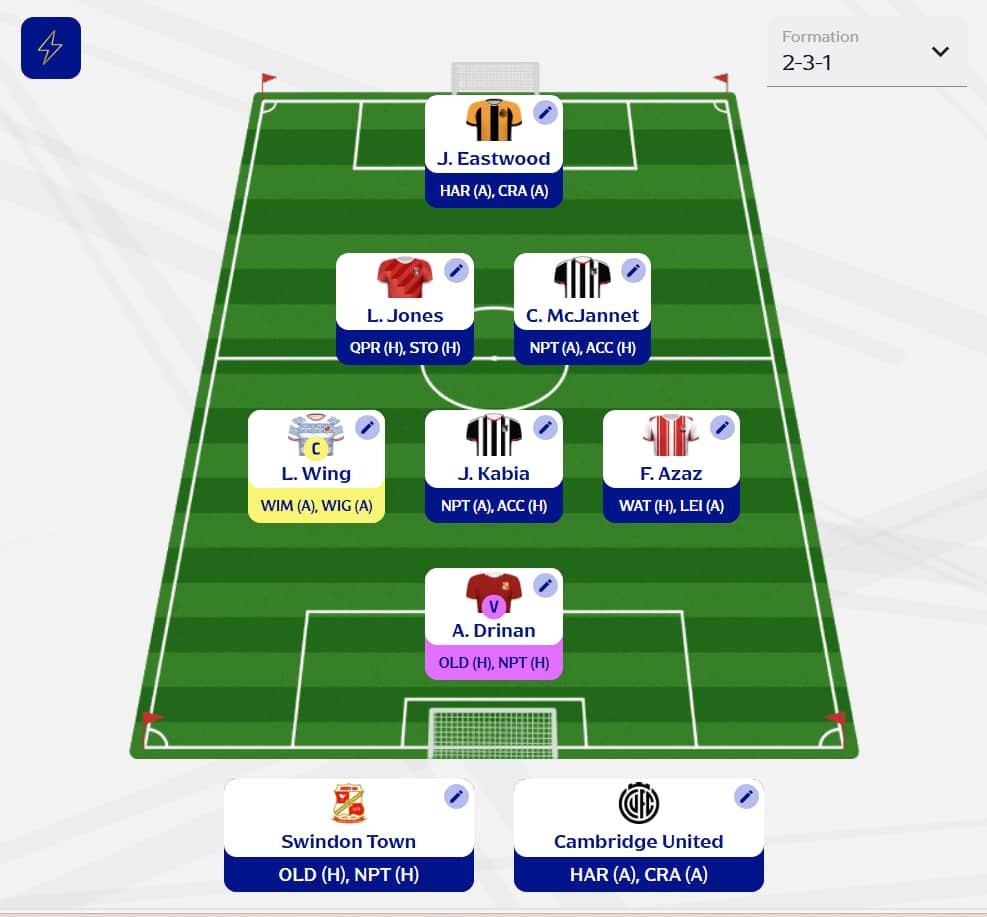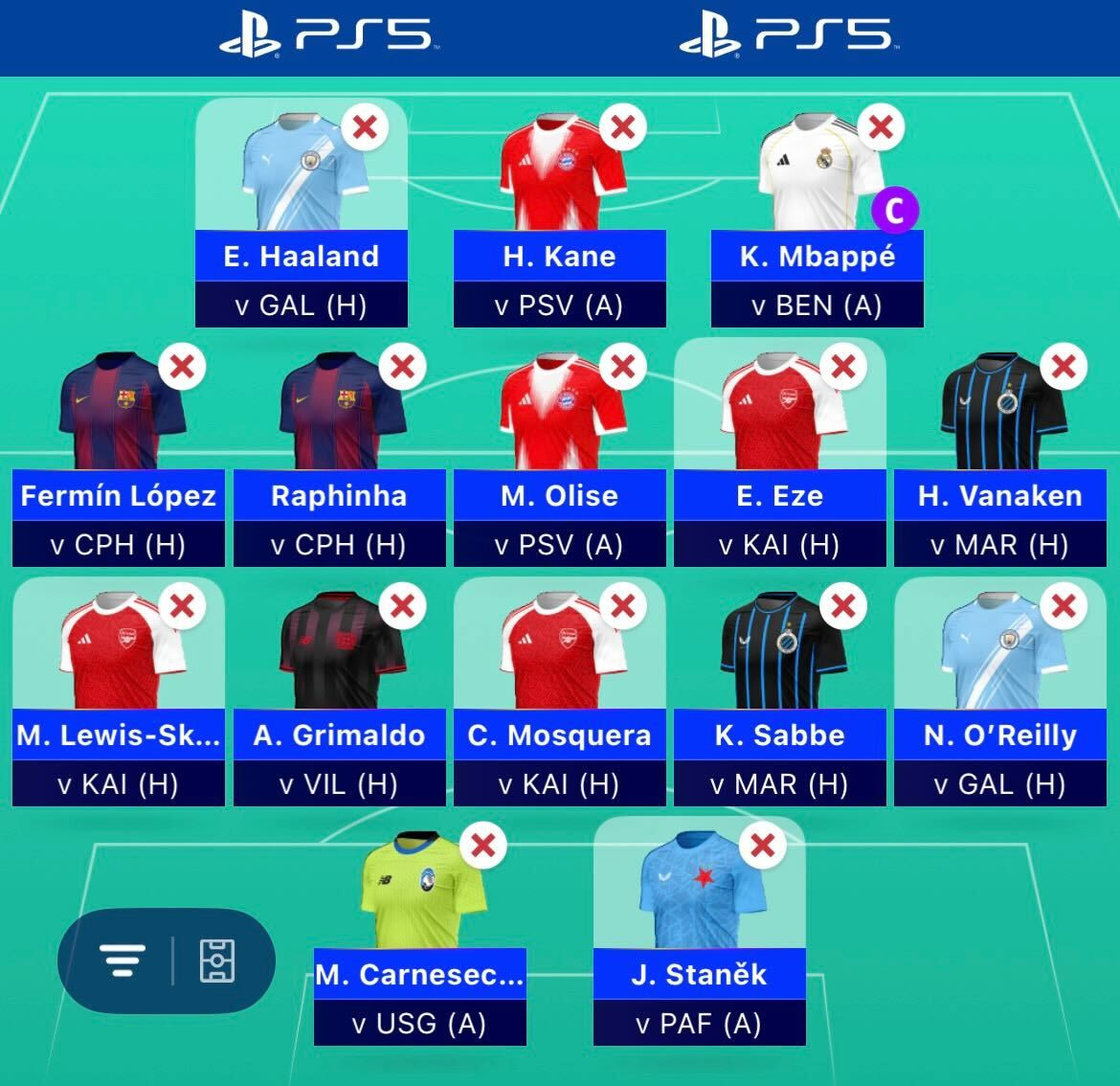With Premier League football suspended for the foreseeable future due to the coronavirus pandemic, any articles we produce over the coming weeks (and perhaps months) will focus less on Gameweek-to-Gameweek planning or strategies for the season run-in and more on wider issues.
A topic that is frequently raised on these pages is Fantasy Premier League’s Bonus Points System (BPS), which can leave the uninitiated bewildered.
How come Anthony Martial (£7.9m) hasn’t gained one bonus point since Gameweek 19, despite scoring in five matches after that point? Why is Federico Fernandez (£4.5m) such a BAP-magnet at Newcastle United? And why do forwards tend to accrue more bonus points than players in other positions?
We’ll address those questions and more below.
How does the Bonus Points System Work in FPL?

Long gone are the days of the ‘man in the stand’, where an independent match assessor from the Press Association would distribute bonus points based on a subjective evaluation of which three players stood out in a particular Premier League game.
Now the Bonus Points System harnesses a range of Opta statistics to create a performance score for every player involved.
The players with the three highest BPS scores in a match subsequently receive bonus points, although ties can mean that additional players also gain them.
Some of you will be familiar with the key Opta metrics that FPL use (most of which can be found in our Members Area) but, for the unversed, all of the below contribute to a player’s matchday BPS score.
All players, no matter what the position, will be affected by the performance indicators below, unless specified (e.g. goalkeepers and defenders keeping a clean sheet).
Game-time and attacking returns
| Playing 1 to 59 minutes | 3 |
|---|---|
| Playing 60+ minutes | 6 |
| Goalkeepers and defenders scoring a goal | 12 |
| Midfielders scoring a goal | 18 |
| Forwards scoring a goal | 24 |
| Assists | 9 |
Defensive Contributions
| Goalkeepers and defenders keeping a clean sheet | 12 |
|---|---|
| Saving a penalty | 15 |
| Save | 2 |
| For every two clearances, blocks and interceptions combined (CBIs) | 1 |
| For every three recoveries | 1 |
| Net successful tackles | 2 |
Attacking Contributions
| Successful open play cross | 1 |
|---|---|
| Creating a big chance (a chance where the receiving player should score) | 3 |
| Key pass | 1 |
| Successful dribble | 1 |
| Scoring the goal that wins a match | 3 |
Pass Completion
| 70 to 79% pass completion (at least 30 passes attempted) | 2 |
|---|---|
| 80 to 89% pass completion (at least 30 passes attempted) | 4 |
| 90%+ pass completion (at least 30 passes attempted) | 6 |
Defensive Deductions
| Conceding a penalty | -3 |
|---|---|
| Yellow card | -3 |
| Red card | -9 |
| Own goal | -6 |
| Making an error which leads to a goal | -3 |
| Making an error which leads to an attempt at goal | -1 |
| Conceding a foul | -1 |
Attacking Deductions
| Missing a penalty | -6 |
|---|---|
| Missing a big chance | -3 |
| Being tackled | -1 |
| Being caught offside | -1 |
| Shot off target | -1 |
To give an example, Romain Saiss (£4.5m) was awarded maximum bonus points in Wolves’ 0-0 draw with Brighton in Gameweek 29.
His BPS score of 28 was made up of:
- Playing 60+ minutes: 6
- Keeping a clean sheet: 12
- Recoveries: 3
- CBIs: 1
- Net tackles: 6
- Pass completion: 4
- Yellow cards: -3
- Fouls conceded: -1
You can see the full breakdown in the BPS Plus and BPS Minus tabs in the Player Stats section of each match in our Members Area (Wolves v Brighton can be viewed here).


